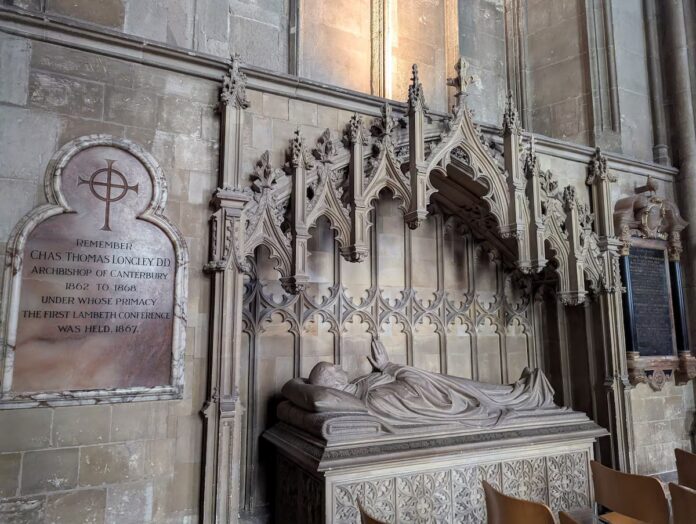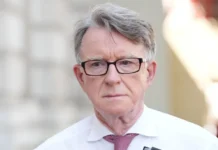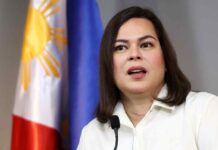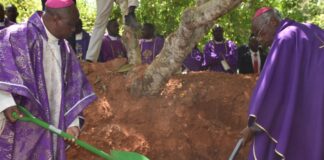
Britain will name the next Archbishop of Canterbury on Friday, in a decision that could see the Church of England led by a woman for the first time in its 1,400-year history.
The appointment follows the resignation of Archbishop Justin Welby last year amid criticism of his handling of a child abuse cover-up.
Welby’s reforms a decade ago opened the way for women to be consecrated as bishops, paving the path for a historic milestone at the highest office of the Church.
“It would be incredibly exciting if the new Archbishop were a woman. That would be the first time in a history dating back to 597 AD… It would be momentous,” said David Monteith, Dean of Canterbury, who will formally install the new Archbishop in a ceremony expected in the coming months.
Three women are considered strong contenders: Bishop Rachel Treweek, the Church’s first female diocesan bishop; Bishop Sarah Mullally of London, the third-highest office in the CoE; and Iranian-born Bishop Guli Francis-Dehqani, who came to Britain as a refugee after the 1979 Islamic Revolution.
Other names tipped include Bishop Martyn Snow, who withdrew from leading the Church’s process on blessing same-sex couples over fears of division, and Pete Wilcox, Bishop of Sheffield.
A woman’s appointment would mark a defining moment for Anglicanism worldwide, but it is also likely to deepen longstanding theological divides.
The conservative Global Anglican Future Conference (GAFCON), which claims to represent most Anglicans globally, rejects female bishops and opposes same-sex blessings, positions that have clashed with more liberal voices in England and the West.
As Archbishop of Canterbury, the new leader will serve not only as senior bishop of the Church of England but also as spiritual head of the 85-million-member Anglican Communion.
The role, shaped by the Church’s expansion under the British Empire, has long required balancing tensions between conservative African churches, where homosexuality is criminalized in some countries, and more progressive congregations elsewhere.
The appointment also underscores the Church’s unique relationship with the British state.
Prime Minister Keir Starmer’s office will announce the choice on Friday with the formal approval of King Charles III, who, as monarch, serves as the Church’s supreme governor, a role dating back to Henry VIII’s break with Rome in the 16th century.
Unlike the Catholic Church, which swiftly elected Pope Leo after Francis’ death, the Church of England has taken nearly a year to reach a decision.
The process, led by a former intelligence official, involved a 17-member commission of bishops, lay leaders, and international representatives.
Whoever emerges as the 106th Archbishop of Canterbury will inherit a deeply divided Church, but also the chance to make history.
Source: Reuters
Written By Rodney Mbua


















